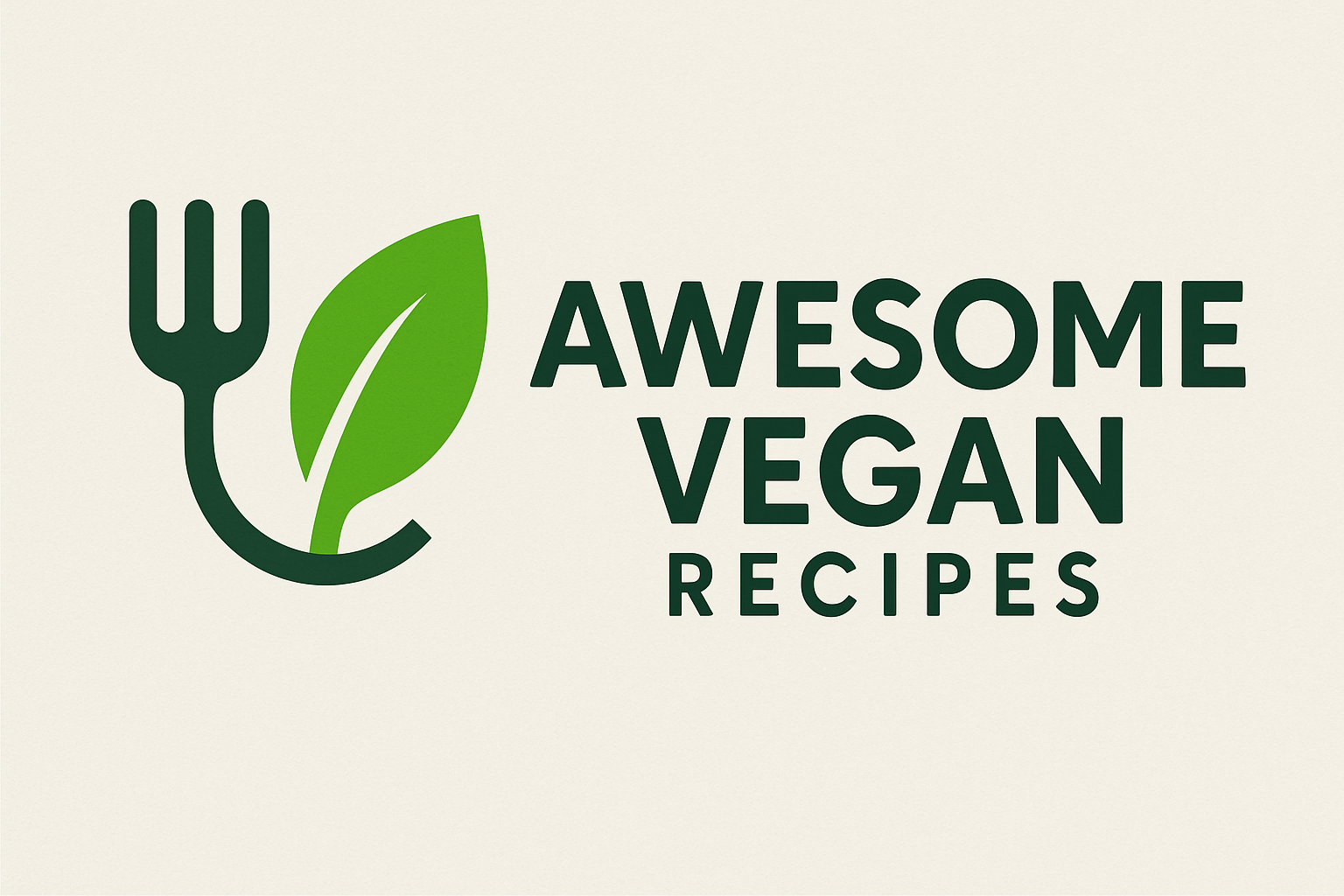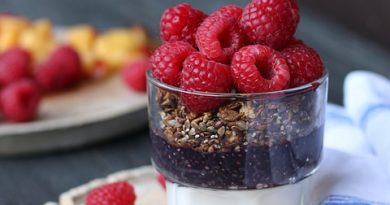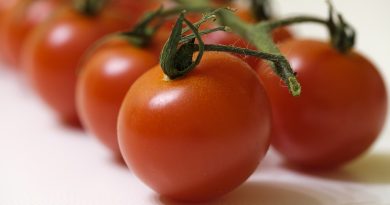Navigating the World of Vegan Nutrition: A Beginner’s Guide
Navigating the World of Vegan Nutrition: A Beginner’s Guide
Switching to a vegan diet can feel overwhelming, especially when it comes to ensuring you’re getting all the essential nutrients your body needs. But with the right knowledge and planning, creating a balanced and nutritious vegan diet is entirely achievable. In this beginner’s guide to vegan nutrition, we’ll explore the essential nutrients to focus on and how to incorporate them into your daily meals.
Understanding Macronutrients
Macronutrients are the main components of a balanced diet that provide energy to the body. The three macronutrients are carbohydrates, proteins, and fats. As a vegan, it’s essential to pay attention to including a variety of plant-based sources of these macronutrients in your diet.
Carbohydrates: Whole grains, fruits, vegetables, and legumes are excellent sources of carbohydrates. They provide energy to fuel your daily activities and support overall health.
Proteins: Plant-based sources of protein include tofu, tempeh, lentils, beans, quinoa, nuts, and seeds. It’s important to include a variety of protein-rich foods in your meals to ensure you’re getting all the essential amino acids your body needs.
Fats: Healthy fats are essential for brain function, hormone production, and overall health. Avocados, nuts, seeds, and plant-based oils like olive and coconut oil are great sources of healthy fats. Be mindful of including these fats in moderation in your diet.
Essential Micronutrients
In addition to macronutrients, there are essential micronutrients that vegans need to pay attention to, as they may be lacking in a plant-based diet. Here are some key nutrients to focus on and their plant-based sources:
Iron: Plant-based sources of iron include lentils, spinach, tofu, pumpkin seeds, and quinoa. Pairing iron-rich foods with vitamin C-rich foods like citrus fruits or bell peppers can enhance iron absorption.
Calcium: Good sources of calcium for vegans include fortified plant-based milk, tofu, almonds, and leafy greens like kale and collard greens. Aim to include these calcium-rich foods in your daily meals to support bone health.
Vitamin B12: Vitamin B12 is only found naturally in animal products, so it’s important for vegans to supplement or consume fortified foods like plant-based milk, nutritional yeast, or breakfast cereals to ensure an adequate intake.
Omega-3 fatty acids: Plant-based sources of omega-3s include flaxseeds, chia seeds, hemp seeds, walnuts, and algae oil supplements. Including these foods in your diet can help support heart health and brain function.
Planning Balanced Meals
To ensure you’re meeting your nutrient needs on a vegan diet, it’s essential to plan balanced meals that include a variety of plant-based foods. Here are some tips for creating nutritious vegan meals:
Include a variety of fruits and vegetables in your meals to get a range of vitamins, minerals, and antioxidants.
Incorporate whole grains like brown rice, quinoa, oats, and whole wheat bread to provide fiber and energy.
Add protein-rich foods like beans, lentils, tofu, tempeh, nuts, and seeds to support muscle growth and repair.
Include sources of healthy fats like avocados, nuts, seeds, and plant-based oils in moderation to support brain health and hormone production.
Don’t forget to hydrate! Drink plenty of water throughout the day to stay hydrated and support overall health.
Listen to Your Body
As you navigate the world of vegan nutrition, it’s important to listen to your body and pay attention to how certain foods make you feel. If you’re feeling tired, sluggish, or are experiencing any deficiencies, consider working with a registered dietitian to create a personalized nutrition plan that meets your individual needs.
Remember that transitioning to a vegan diet is a journey, and it’s okay to make adjustments along the way. By focusing on nutrient-dense whole foods, planning balanced meals, and staying mindful of your body’s needs, you can create a sustainable and nourishing vegan lifestyle that supports your health and well-being.






